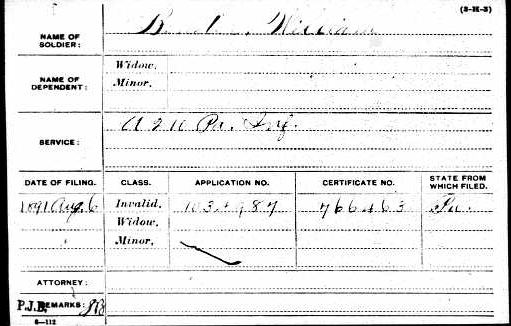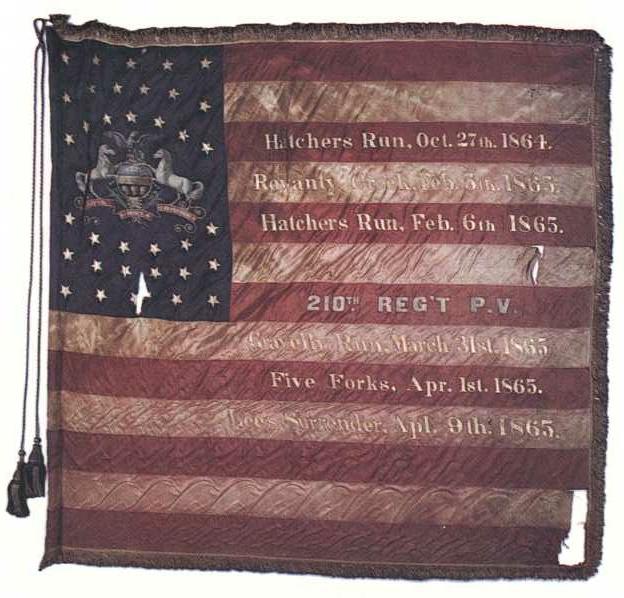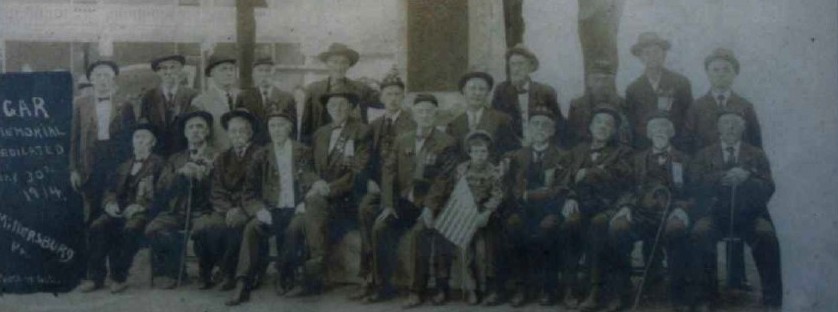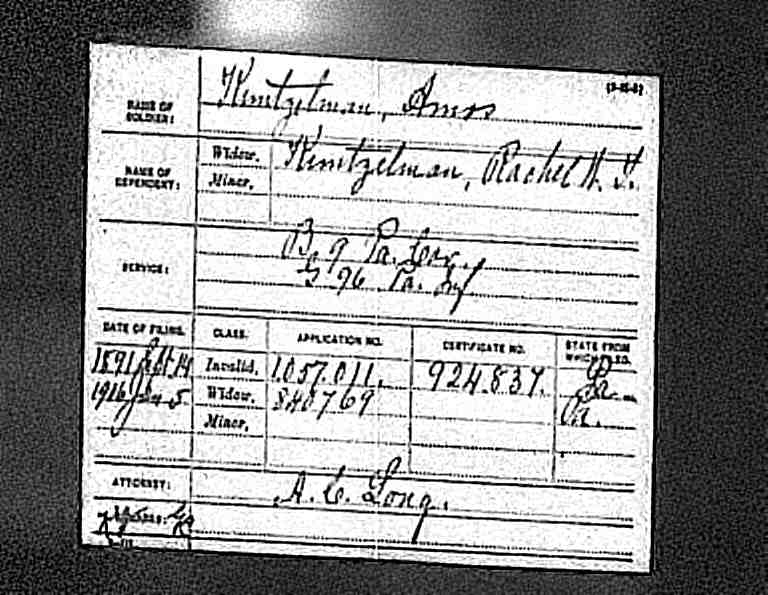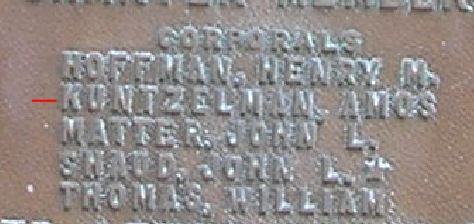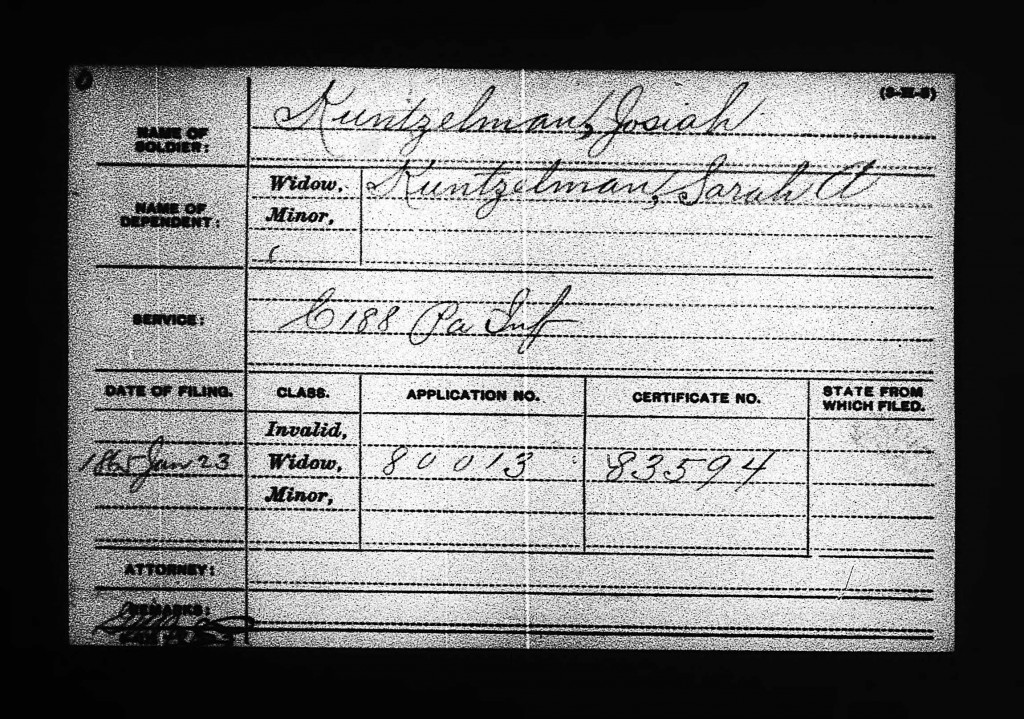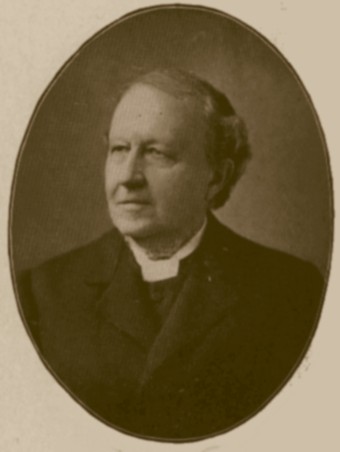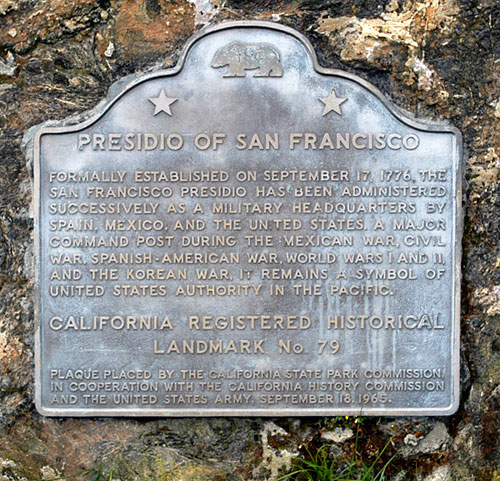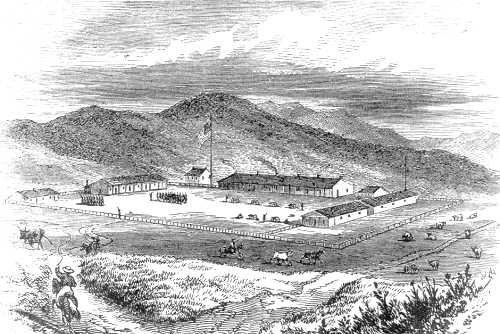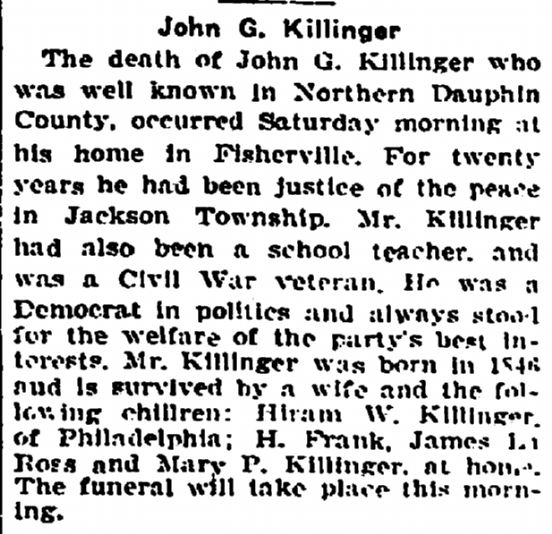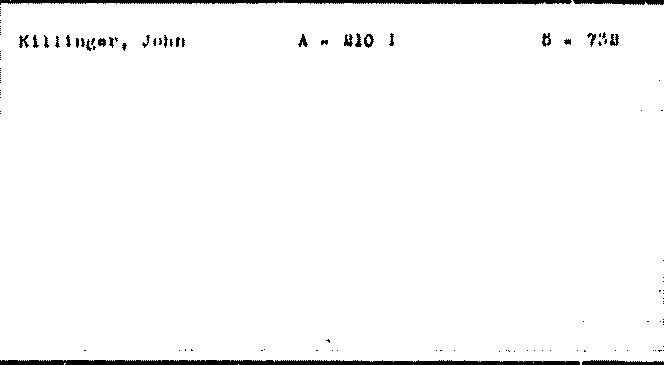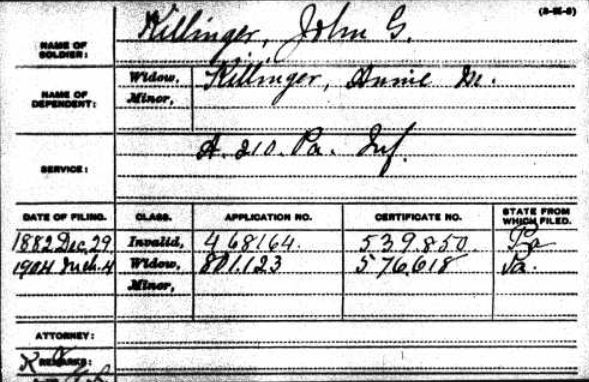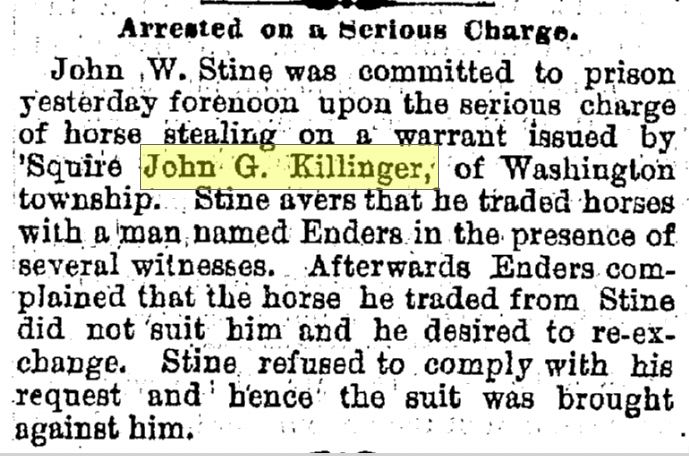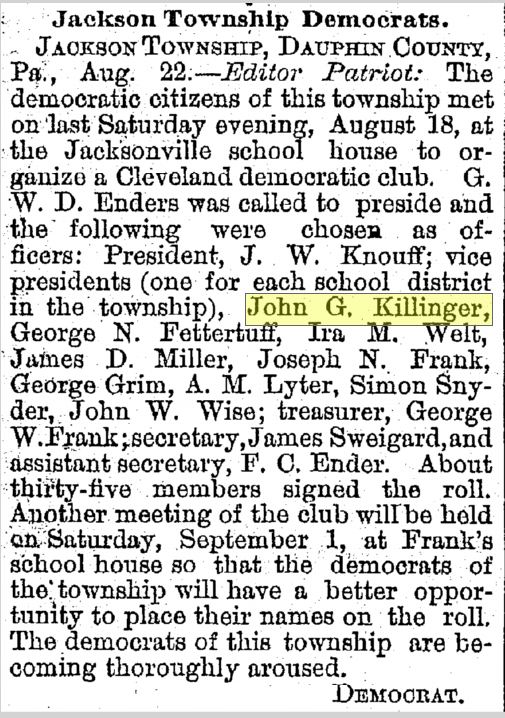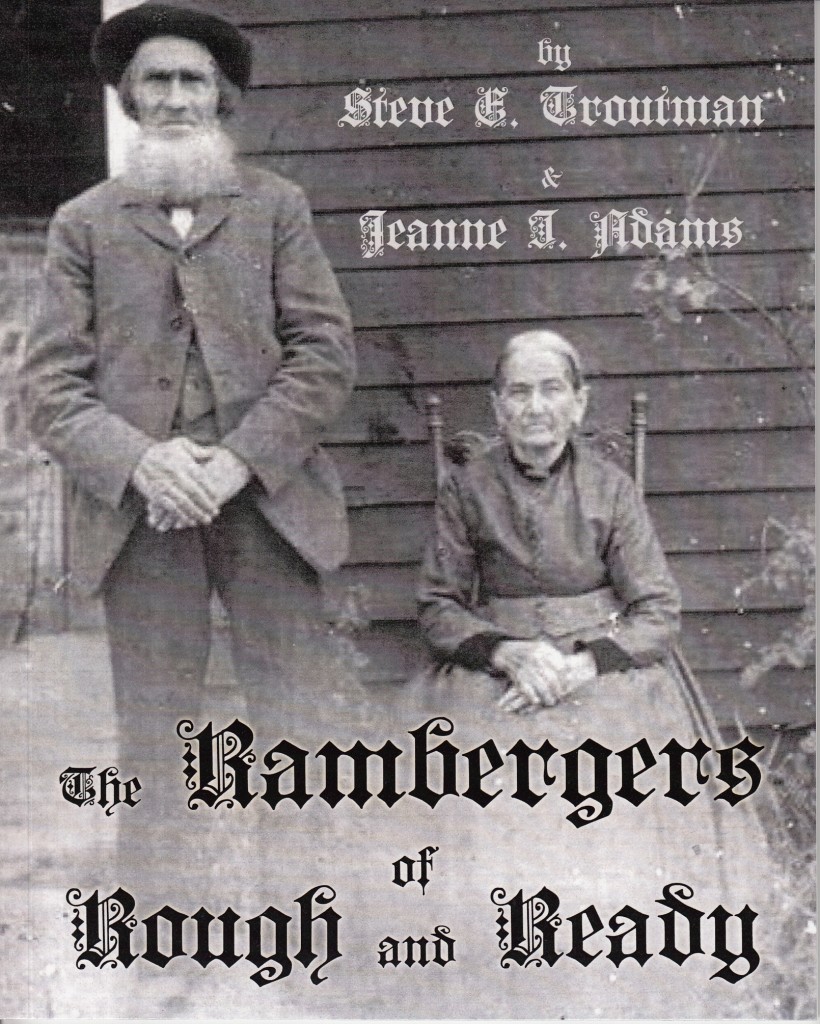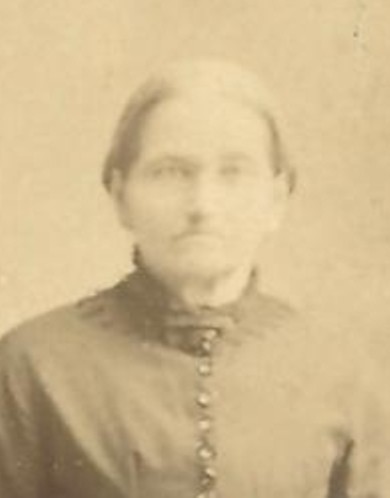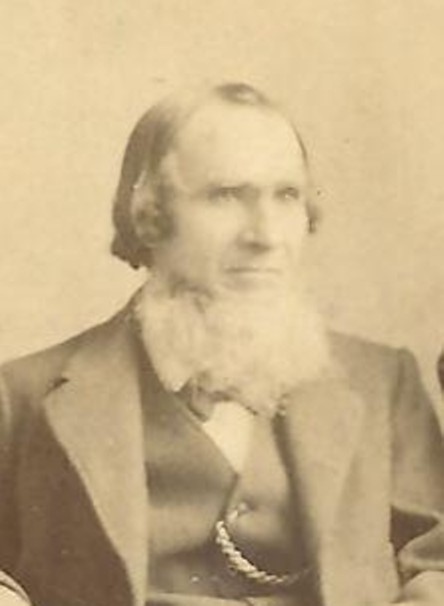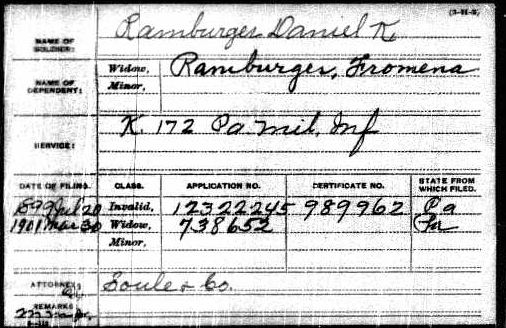William Bender – Farmer, Carpenter and Wheelwright of Millersburg
Posted By Norman Gasbarro on November 18, 2012
Information about the life of William Bender, of Millersburg, Dauphin County, Pennsylvania, a Civil War veteran, can be found in the Commemorative Biographical Encyclopedia of Dauphin County, published in Chambersburg, Pennsylvania, in 1910, J. L. Runk and Company, and authored by William Henry Egle. (Click on book title for free download).
William Bender, wheelwright and carpenter, was born in Armstrong Valley, Jackson Township, Dauphin County, Pennsylvania, 17 January 1842. He is a son of Leonard Bender and Elizabeth [Shoop] Bender.
Adam Bender, his great-grandfather, kept a hotel at Halifax, and later removed to where Elizabethville now stands. John Bender, grandfather of William Bender, married Elizabeth Gipple. They had six children: Leonard Bender; John Bender; Elizabeth Bender; Barbara Bender; Katie Bender; and Nancy Bender. John Bender laid out the town of Elizabethville and named it for his wife Elizabeth. Leonard Bender, father of William Bender, was born in 1811, and is living at the time of this writing. His wife, Elizabeth Shoop, died 2 February 1872, at the age of fifty-four. They had six children: Samuel Bender, married Barbara Shraeder; William Bender; Susan Bender, wife of Isaac Keiter; Sarah Bender, deceased, wife of Emanuel Hoover; John Bender, married Sarah Snyder, who died, and he married Sarah Warfel, widow of James Warfel; Louisa Bender, deceased, wife of David Griesemer.
William Bender was at school for few months of each year until he was fifteen; but his last periods of attendance of school alternated with seasons of busy employment, and from his sixteenth to his twenty-first year his time was wholly taken up with assisting his father, both on the farm and in the wheelwright shop. He thus acquired a practical knowledge of both agricultural and mechanical business. Thinking it well to try work away from home he was for a little less than a year in the employ of the Northern Central Railway Company, after which he worked for a time with Levi Straw at carpentry.
On 6 September 1864, Mr. Bender enlisted at Camp Curtin, Harrisburg, in Capt. Solomon B. Bowerman’s Company A, 210th Regiment Pennsylvania Volunteers [210th Pennsylvania Infantry], under Col. William Sargeant. The regiment was sent to the Army of the Potomac, and assigned to the Third Brigade, Second Division, Fifth Corps. It was ordered from Baltimore to City Point, and from City Point to the front of Petersburg, where it remained during the operations at that point during 1864 and 1865. In the following spring the regiment was sent to Fort Stedman, thence to Hatcher’s Run, thence to Gravel Run, where they lost their colonel, William Sargeant, thence to Five Forks, thence to Appomattox, where they remained for three days, thence to Petersburg, thence to Richmond, thence to Fredericksburg, thence to Harper’s Ferry, thence to Arlington Heights, and thence by way of Washington to Harrisburg, where the war having ended, the regiment was honorably discharged.
Mr. Bender, after his discharge, returned to Jackson Township, spent a short time at home, and was then for about six months in the employ of the Northern Central Railway Company. Then for six months he worked at his trade with George Yeager, at Millersburg, after which he engaged at carpenter work with Theodore Dechant, and remained with him during the summer of 1866. The next year and up to the spring of 1867 he spent with his father, working on the farm or in the shop, wherever his help was most needed. After a short visit to Michigan, from which he returned in the following June, he was again engaged in his trade until 1874; in the spring of that year he was occupied throughout the season with the building of a barn on his father-in-law’s farm, in Halifax Township. In the winter of 1871-1872, Mr. Bender bought a tract of land at Lenkerville, near Millersburg, where he built his present homestead, to which he removed in the spring of 1873, and which has been his residence ever since.
For the next six years Mr. Bender was employed by David Kuhns, in carpenter work, and for three years after that by Mr. Bell, in bridge building. He then again worked for Mr. Kuhns, as a carpenter, and later did the same kind of work for Benjamin Jury. For four years he was again employed by the Northern Central Railway Company, and then engaged for the third time by Mr. Kuhns, carpentry; then he worked for John R. Miller, and afterwards engaged in carpentry on his own account.
William Bender was married, 16 September 1866, to Mary E. Hoffman, daughter of Jonathan Hoffman and Joanna Hoffman. Mr. and Mrs. Bender have five children:
(1) Emma L. Bender, born 19 August 1867, wife of Clinton Tobias, has five children, two of whom are now deceased; Ralph Lester Tobias, born 3 September 1886, died 3 September 1890, and Mary Edna Tobias, born 27 February 1888, died 24 June 1888, also Anna Dora Tobias, born 18 November 1887, Harry Edwin Tobias, 28 August 1890, and Mark Tobias, 1 June 1895;
(2) Charles Irwin Bender, born 14 July 1869, married Lizzie Bilger;
(3) Annie Dora Bender, born 6 May 1871, wife of Ramsey Beller, has two children, Rose M. Beller, born 29 September 1890 and Esther May Beller, 24 May 1891;
(4) Harry Edwin Bender, born 3 April 1875;
(5) and Sarah Florence Bender, born 13 February 1885.
Mr. Bender is a member of Kilpatrick Post, No. 212, G.A.R., at Millersburg, and is a pensioner of the late war. He is a Republican. The family attend the Lutheran Church.
Jonathan Hoffman, father of Mrs. Bender, died 29 June 1884, aged seventy-two; his wife died 30 December 1893, aged sixty-nine years, six months and two days. They had twelve children: Nicholas Hoffman; Mary E. Hoffman; James Hoffman; Charles Hoffman; Isaac Hoffman; Daniel Hoffman; Samuel Hoffman; Jacob Hoffman; Sarah Hoffman; Susan Hoffman; John Hoffman; and Wellington Hoffman. (p. 1083+).
The Pension Index Card shown at the top of this post notes that William Bender did not apply for benefits until 1891 and that no widow’s benefits were provided. The 1890 Census for Upper Paxton Township and Millersburg provided no information on a disability that resulted from his Civil War service. Pension Index Cards are available through Ancestry.com and reference records available at the National Archives in Washington, D.C.
William’s wife, Mary Elizabeth Hoffman, was a direct descendant of Johann Peter Hoffman (1709-1797), pioneer settler of the Lykens Valley. This is one of many genealogical connections to Johann Peter Hoffman in the Civil War era. For other posts on the Hoffman family, click here.
The regimental flag of the 210th Pennsylvania Infantry (above) notes the battles in which William Bender participated. These flags are preserved at the Pennsylvania Capitol in Harrisburg, and pictures of them are available from the web site of the Capitol Preservation Committee.
By the Census of 1920, William Bender was no longer working. Living in his household, in addition to his wife, were his youngest daughter Sarah “Sadie” [Bender] Cromley and son-in-law, Clyde Cromley. Clyde had learned the trade of house carpenter (he was an odd jobs laborer in 1910), and Sadie was working in a shoe factory as a finishing soler. Their child, Mary Cromley, was then 18 years old and was working as a polisher in a reamer shop.
Mary Elizabeth [Hoffman] Bender died in December 1922 and William Bender died on 28 September 1923. They are buried at the Oak Hill Cemetery, Millersburg.
For his part in the Civil War, William Bender is recognized on the Millersburg Soldier Monument (as “W. H. Bender”).
More information is sought on William Bender – particularly pictures and stories. It is possible that he is pictured in the G.A.R. photo at the Millersburg Soldier Monument, but no identification has been made at this time.
 ;
;
